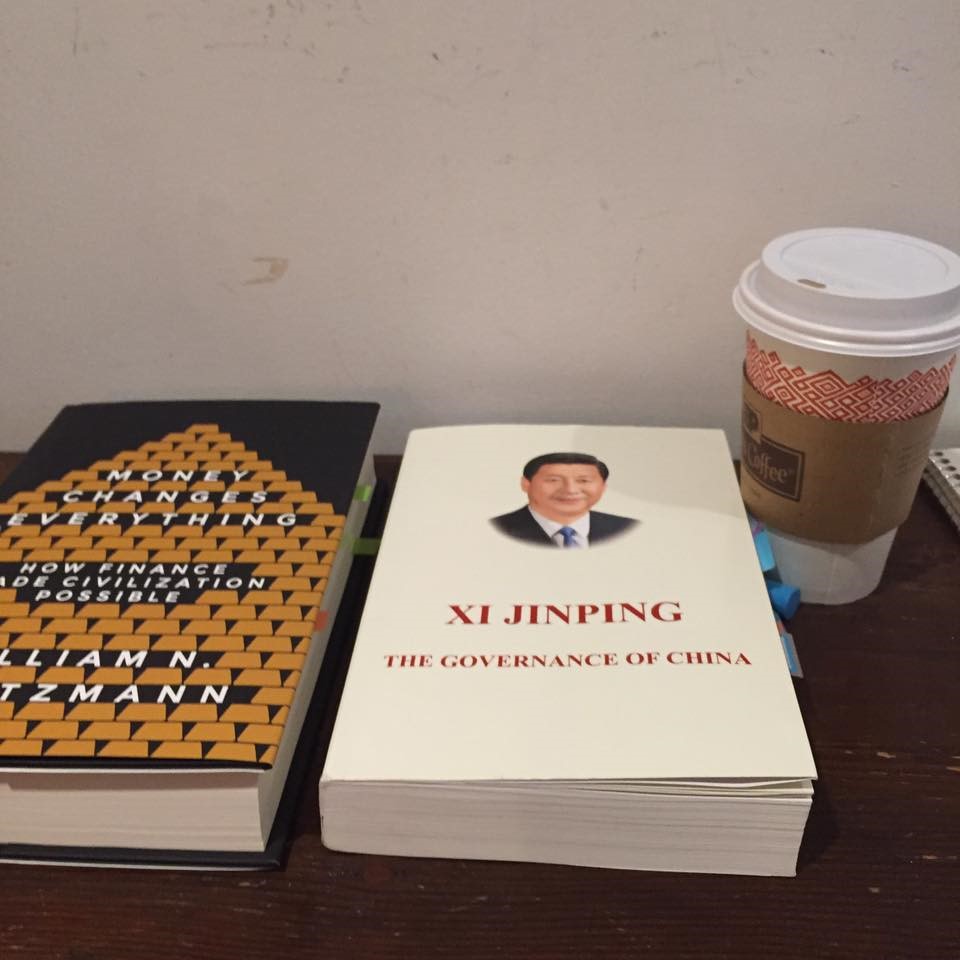On Coffee
I enjoy very few things more than waking up at 6:00am on Sunday and brewing a pot of coffee. Coffee helps me to think abstractly, yet focus on the task at hand. Going without it carries risks.
A few Sundays ago at the Capital One Cafe
A lack of coffee is an unsettling experience. Earlier this year, I went my first morning without coffee in over ten years. I woke up in Bariloche, Argentina in an Airnbnb after a full day of traveling. My working assumption was that all homes have coffee in the pantry. My assumption was wrong. My friends, who don't wake up at 6:00am, were still asleep, the car in the driveway was manual and I don't know how to drive stick. Over the course of that morning, I felt the disturbing power of addiction. This feeling got me thinking, how is something this addictive so widespread?
Last week, I mentioned that while commuting I like to observe other commuters to see what they’re holding. I often see other commuters with one or two things in their hand a smart phone or a coffee. Each morning while I pass Dunkin Donuts on State Street, I see a line of people waiting for their fix. Down the street at Starbucks, it is the same story. According to a recent Gallup Poll, ~64% of American adults drink coffee each day. This is significantly greater than the percent of American adults that eat breakfast everyday (34%).
Coffee consumption has several properties which make it unique among consumer products; coffee is:
- Highly Addictive
- Unregulated
- Socially Acceptible
Very few substances are as addictive as coffee and all of the substances that are more addictive than coffee are regulated. There are even substances that are less addictive than coffee that are regulated as well. A highly addictive yet unregulated product means that it can be legally consumed at any age, marketed widely (even to children) and should exhibit low elasticity of demand (see 2007-8-9-10 revenue).
On top of its addictive properties, coffee sellers have an unfettered right to market their product to anyone. Coffee drinking is one of the most socially acceptable of all human practices. It can be consumed alone, with someone you barely know, with a loved one, a colleague/s, in a business context, in a large group, in public or private all of the above is socially acceptable. In fact, I don’t know of any other product that is as broadly socially acceptable, highly addictive and unregulated as coffee.
Can you think of one?
